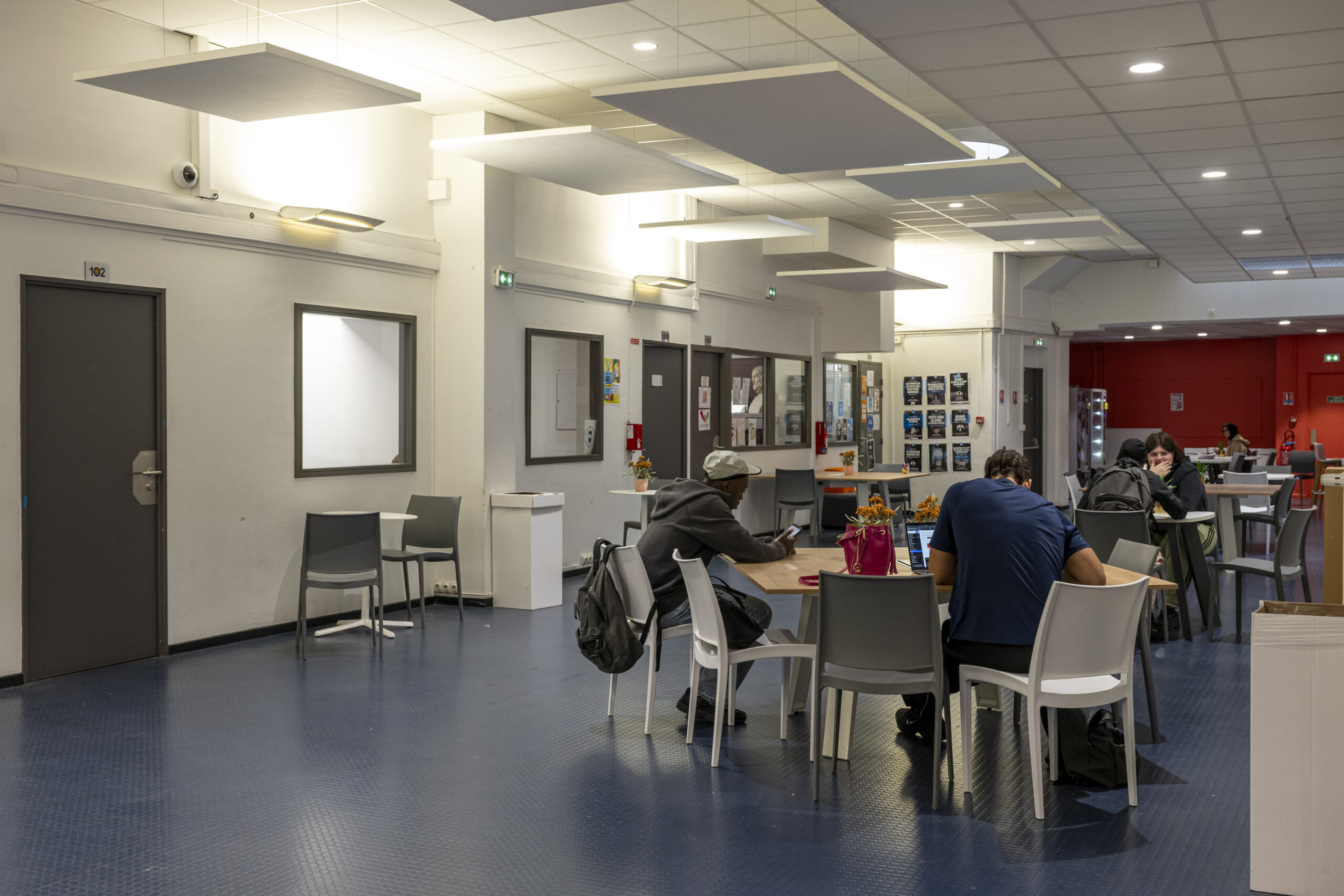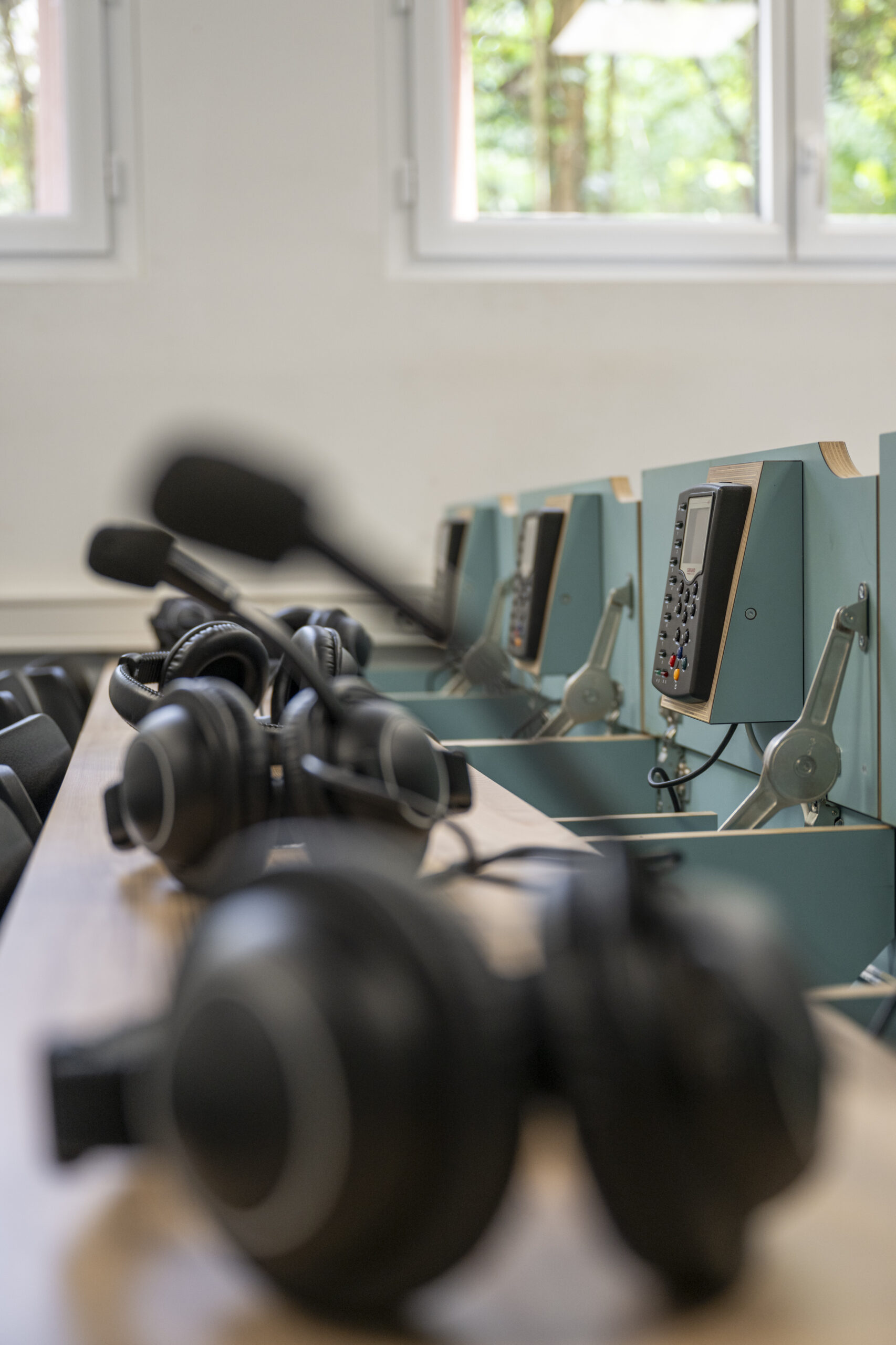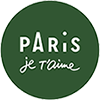Promoting quality language teachings
The FLE label – français langue étrangère, “French as a foreign language” – identifies and promotes centers and establishments whose language teachings offer significant guarantees of quality.
Since 2007, the FLE quality label is issued by several French Ministries (Education ; Culture ; Foreign affairs) and testifies to the effectiveness of the teaching methods as well as the services offered by labeled schools and institutes.
Through this label, the main goal of the public authorities is to support a network of French institutes and alliances in the development of a language offer defined by its reliability and effectiveness.
By ensuring a constant optimization of the lessons and curriculum available in certified centers and establishments, the FLE label guarantees a linguistic offer that suits the demand and needs of the public, especially international students.
In the field of education, quality labels such as the FLE allow students to make sure that the school they chose offers truly effective programs.
Studying with the CCFS, a language school with the FLE label
The cours de civilisation française de la Sorbonne (CCFS) have been granted the FLE quality label thanks to the efficient and innovative teaching methods of their teachers, as well as the work environment offered to international students who wish to learn the French language.
The FLE labeling process requires establishments to comply with a set of criteria related to 5 fundamental areas:
- Training and teaching: the teachings within the CCFS fall within the common European framework of reference for languages (CEFRL). At the end of their training students must receive a certificate or diploma attesting to their level in French
- Teachers and staff: FLE labeled centers such as the CCFS and their teams must have the skills that ensure quality teachings. Teachers are therefore recruited according to a specific procedure.
- Reception and support: students must have access to all information that will allow them to choose their center according to their real needs. All FLE labeled establishments must provide an environment that is both efficient and student friendly
- Premises and equipment: students and teachers in centers with the FLE label should be able to work in the proper conditions, the premises having to meet safety standards. The working environment must be qualitative and requires modern and connected equipment
- Management: establishments with the FLE label define explicit strategic objectives and are committed to maintaining the quality of their teachings as well as the ethics of the teaching staff









